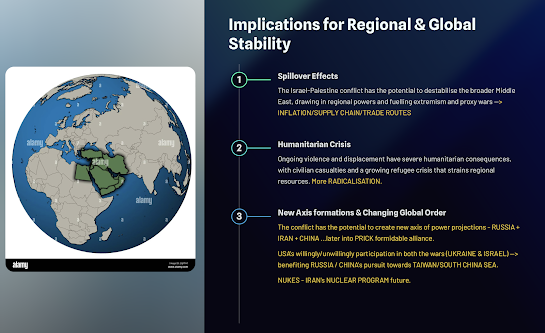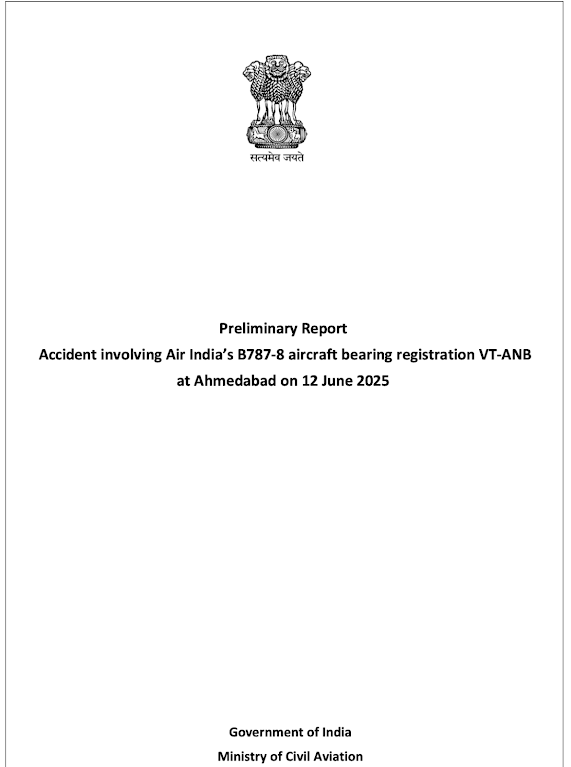Despite the Indian Air Force's powerful fleet of C-17 Globemaster III and C-130J Super Hercules for heavy and medium-lift operations, the induction of the C295 is crucial to meet the IAF's diverse operational demands. The C-17 is ideal for strategic long-haul missions, such as heavy cargo and troop transport over large distances, while the C-130J provides tactical support for medium-range missions with short takeoff and landing capability. However, there is a persistent need for a smaller, more versatile aircraft to operate from remote and austere locations for missions like humanitarian aid, disaster relief, and troop deployment within short and challenging airstrips—where neither the C-17 nor C-130J is optimal.
The C295 fills this gap with its ability to transport light-to-medium cargo, deploy paratroopers, and carry out medical evacuations over shorter distances, making it a highly adaptable tactical airlifter.
Moreover, the indigenous Make-in-India production of the C295, in collaboration with Airbus and Tata Advanced Systems, represents a milestone in India's aerospace manufacturing capabilities. The project will see final assembly of the C295 in India, boosting local manufacturing, creating skilled jobs, and reducing dependency on imports. This aligns with India’s goal to strengthen domestic defence production, empowering the IAF with more flexible, homegrown solutions to meet its strategic and tactical needs.
The C295 deal between India and Airbus is a landmark agreement, both for enhancing the Indian Air Force’s tactical transport capabilities and for advancing the Make-in-India initiative. The key terms and details of the deal:
Total Contract Value: The deal is valued at approximately INR 21,935 Crores worth for the supply and production of 56 C295 aircraft for the Indian Air Force.
Aircraft Delivery: The first 16 aircraft will be manufactured in Airbus’s facilities in Spain and delivered to India in a “fly-away” condition. These will be delivered within 48 months of signing the contract.
Make-in-India Production: The remaining 40 aircraft will be assembled in India by Tata Advanced Systems Limited (TASL) in partnership with Airbus, marking the first time a full transport aircraft will be manufactured in India by the private sector. This local production is expected to be completed within ten years.
Maintenance, Repair, and Overhaul (MRO): The deal includes provisions for establishing an MRO facility in India, which will not only support the Indian fleet but also potentially cater to C295 operators in the Asia-Pacific region.
Technology Transfer: Airbus will provide full technology transfer to TASL, enabling the Indian company to undertake a significant portion of the assembly, testing, and delivery of the aircraft locally. This includes advanced avionics and critical aircraft systems.
Indigenous Component Production: The deal mandates a gradual increase in indigenous content in the production process, meaning that Indian-made components and subsystems will be integrated into the aircraft over time, enhancing India’s self-reliance in aerospace manufacturing.
Employment Generation: The project is expected to create about 15,000 skilled jobs directly and indirectly, fostering local employment and contributing to the development of India’s aerospace and defense manufacturing ecosystem.
Optional Future Orders: The contract also includes options for future orders beyond the initial 56 units for the Indian Air Force, allowing the Ministry of Defense to procure additional C295s for the Indian Army, Coast Guard, and other defense sectors if required.
This deal not only strengthens the Indian Air Force's medium-lift transport capabilities but also aligns with India's ambitions for greater self-reliance in defence manufacturing, facilitating technology transfer and fostering a robust aerospace ecosystem.
# Vadodra facility Pic- Spain & Indian PM:

















